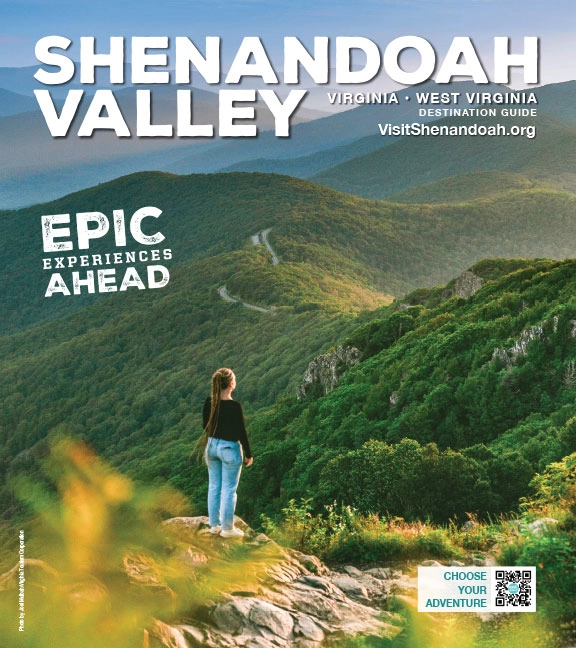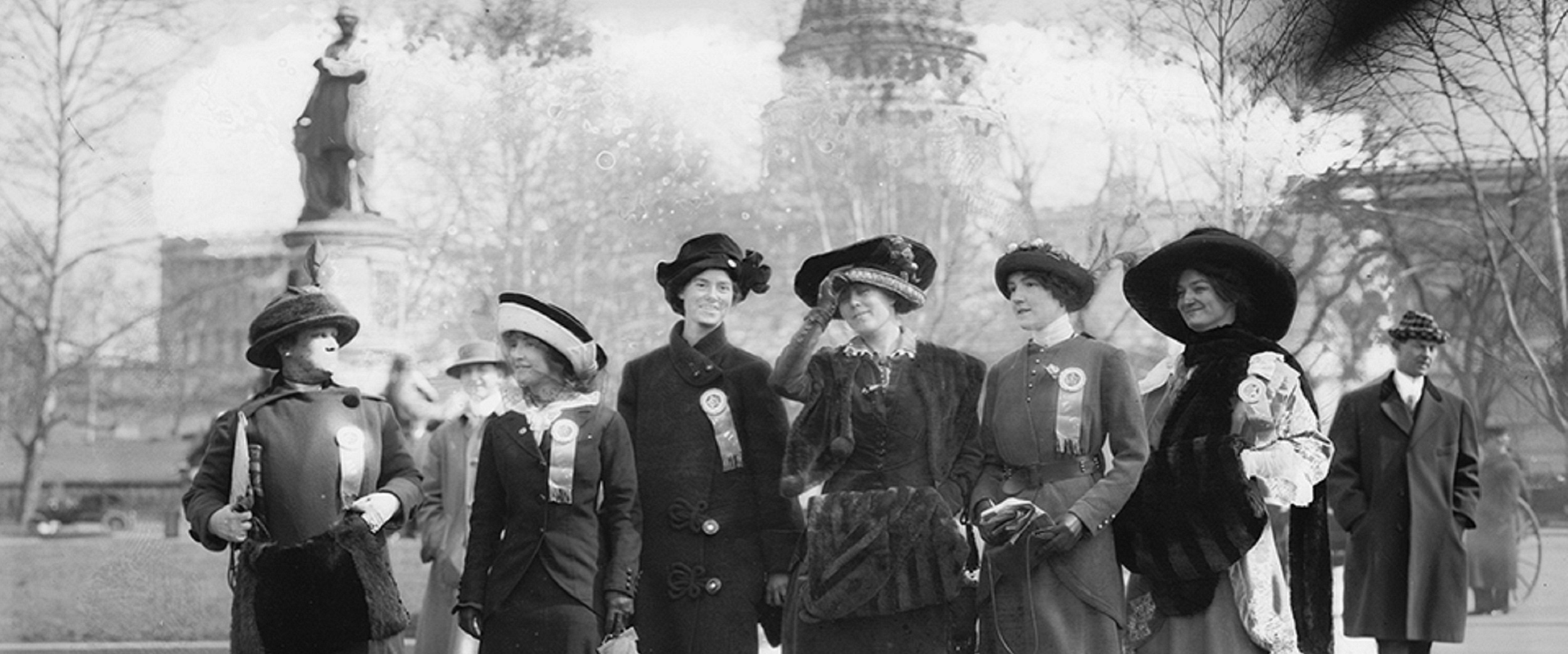The means by which people research their ancestry have come a long way. It once meant interviewing elder family members whose memories might be dim, poring over handwritten birth and death records, and trying to decipher eroded names and dates on a gravestone.
While all those steps may still be taken, services like ancestry.com, other online resources, and local historical societies make the entire process more fruitful–and can be an absorbing and fascinating way to ride out a self-quarantine. Whatever leads you discover online can be followed up with personal visits when it is safe to do so.
The interest in genealogical research and associated travel to family destinations is positively skyrocketing. Usage of consumer DNA testing kits surpassed 12 million in 2017. That year, more individuals had their DNA analyzed than in all previous years combined. Family heritage tours have been expanding quickly over the last decade, too, though more so in Europe than in the USA.
In the Shenandoah Valley, there are a number of sources that may be able to assist you with family research. Broadly, courthouses, libraries, colleges, chambers of commerce, museums and historical organizations are all good starting points.
More specifically, for example, is the Handley Regional Library Stewart Bell Jr. Archives in Winchester. Their Archivist Rebecca Ebert told us, “At the Stewart Bell Jr. Archives, we delight in assisting patrons with their research. Our records go back to 1730s, and we have helped folks find Fairfax Deeds of their ancestral property.
“When people visit in person,” Ebert continued, “we assist them in using catalogs, published books and inventories to manuscript collections. We bring books, manuscripts, maps and ephemera to them to use. We will talk with them about their projects and make suggestions about places to explore.
She added, “If researchers are unable to visit, (such as during stay-at-home periods) we answer questions by telephone (540-662-9041, ext. 17) and by email (archives@handleyregional.org). Researchers can also visit the Handley Regional Library System, and use the online catalog to search titles, authors and subjects. Be aware that the Archives is considered a separate library and with Advanced Search; you can chose Archives to search in. If you search all libraries, be search to click on All Copies so you can see Archives copies as well as those titles that circulate.”
Another resource in Winchester is a free Heritage Day/Genealogical event hosted once a year by the Museum of the Shenandoah Valley in Winchester. Held in March this year, the event celebrated of Women’s History Month and the centennial of women’s suffrage; the day’s free lectures focused on researching females in the family tree and preserving textiles historically made by women.
Farther south, the Augusta County Historical Society in Staunton has been collecting documents and assisting researchers since 1964. Closed for the moment like many businesses, they are an exceptional resource.
“We have an extensive research library and archives,” President Nancy Sorrells told us. “Tens of thousands of materials as far back as the 18th century–family records, letters, diaries, journals, anything you would find in local history archive. We have a have computer system called Past Perfect, too and our resources are normally open to the public Tuesday, Thursday and Friday, plus other hours by appointment.
“It’s also important to know,” Sorrells continued, “we’re only a block away from the county courthouse, which has extensive records—largely intact—going back to 1745. Court chancery and judgement records have all been indexed and scanned and can be searched on the State Library of Virginia website. Genealogical records often come up in these records over civil disputes, land ownership issues, etc.”
Various staff and board members are highly experienced genealogists and can be of great help to researchers. Sorrells said that contact right now is best made by email— augustachs@ntelos.net.
Universities, of course, often have a wealth of information on local history. The Carrier Library / Special Collections at James Madison University in Harrisonburg has research resources available to all, though new users must first register through the Special Collections Request System
So, if you have any curiosity or unanswered questions about your family history, using time at home to learn what you can makes an absorbing family project–and gives you meaningful ideas for destinations in the Valley once we are able to travel freely again.
Banner Photo: 1913 women’s suffrage parade, Bain News Service, courtesy of the Library of Congress.





